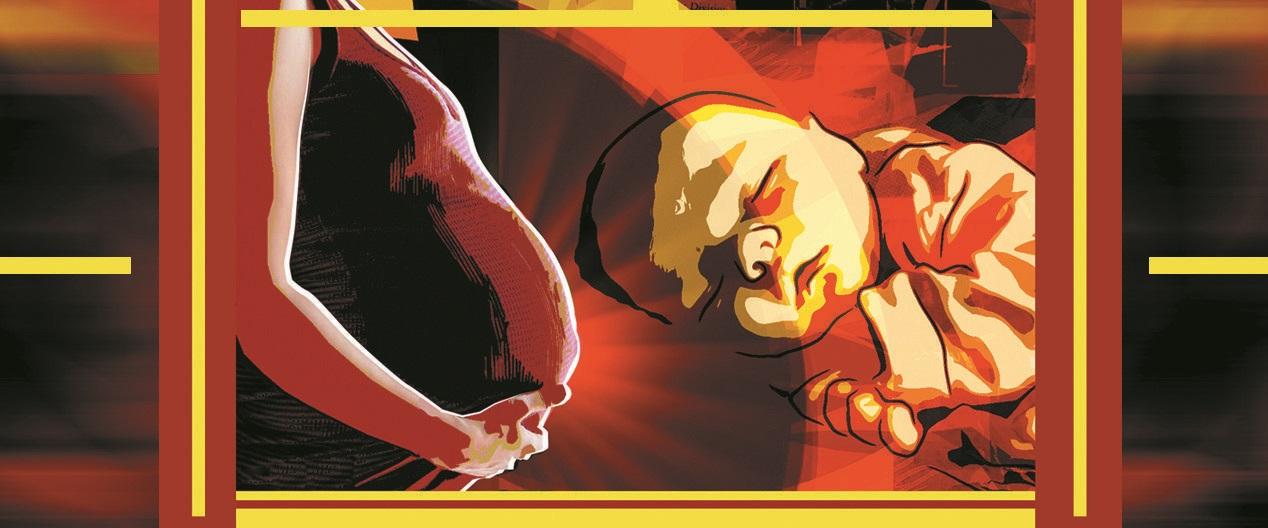Having a baby if and when you want it is an essential component of many people’s lives. The rights of individuals to found a family and to decide freely and responsibly the number, spacing and timing of their children, and to have the information and means to do so, have been enshrined in international human rights documents since 1948. For years, we celebrate awareness of infertility, defined by the World Health Organization (WHO) , defined as the absence of pregnancy after 12 months of unprotected sexual activity.
Scientific advances such as IVF, better known as test tube babies, have made it possible to realize the dream of building a family for millions around the world and figures reveal that more than 8 million babies will be born before the end of the year. the time. Available studies reveal that infertility affects one in six couples and unfortunately, many do not have access to appropriate treatments. In addition, beliefs and dissemination of misinformation delay diagnosis and implementation of appropriate treatment.
Since the female biological clock is governed by complex and still unknown mechanisms, postponing pregnancy can be extremely harmful. There is a significant decline in the reproductive capacity of females after the age of 35 and there is no way to stop or reverse this phenomenon. Therefore, it is necessary not to postpone the choice indefinitely.
The possibility of controlling the reproductive cycle, choosing motherhood or not, and the number of children and when to have them, provided women with new horizons. Postponing motherhood to an increasingly advanced age is a global phenomenon that reflects many of the recent social and economic changes. Women’s perception of motherhood has also changed, and a recent survey revealed that up to 37% of young women in Brazil have not yet made up their minds about motherhood.
The development of technologies such as egg freezing gave women the ability to choose to delay the decision to become pregnant, relieving the pressure of their biological clock. Ideally, eggs should be frozen until the age of 35 due to the natural decline in the quantity and quality of eggs after this age. Another advantage is that if a woman decides not to use the eggs or becomes pregnant on her own, they can be discarded.
It is also necessary to take into account that the risks of pregnancy increase with the age of the mother, and therefore pregnancy cannot be postponed indefinitely. In addition to planning their education and careers, women need to learn how to take care of their reproductive health and can, if they wish, plan for motherhood using techniques such as egg freezing.
* Gynecologist at Biocor Instituto / Rede D’Or, Professor at the Department of Obstetrics and Gynecology – UFMG Medical School
To participate

“Hardcore beer fanatic. Falls down a lot. Professional coffee fan. Music ninja.”





-toixciw5di5v.jpg)

More Stories
How to drink hibiscus tea to lose weight? See tips and recipe
G20 agricultural science leaders call for unity to fight hunger
Alzheimer’s disease can appear in people who reach the age of 40; Watch “The First Sign”